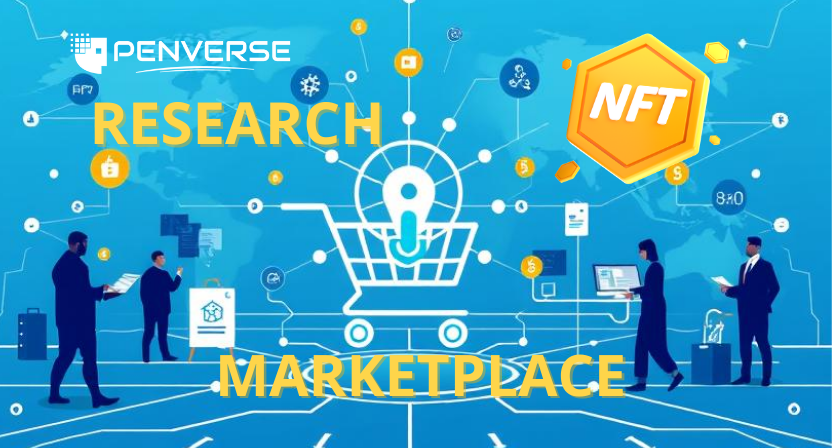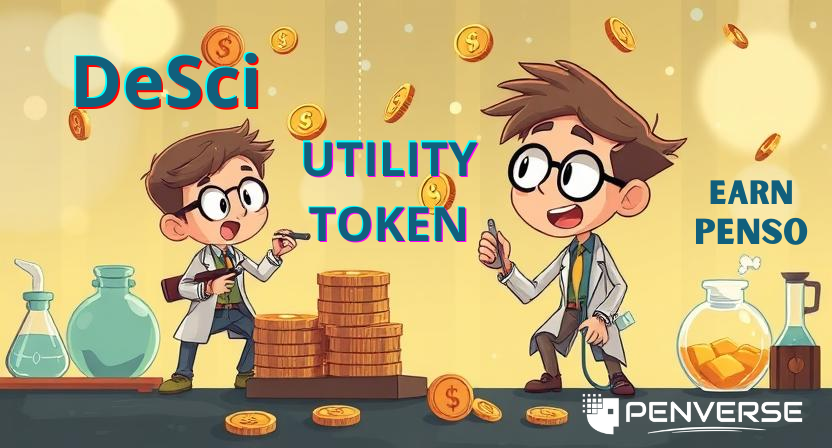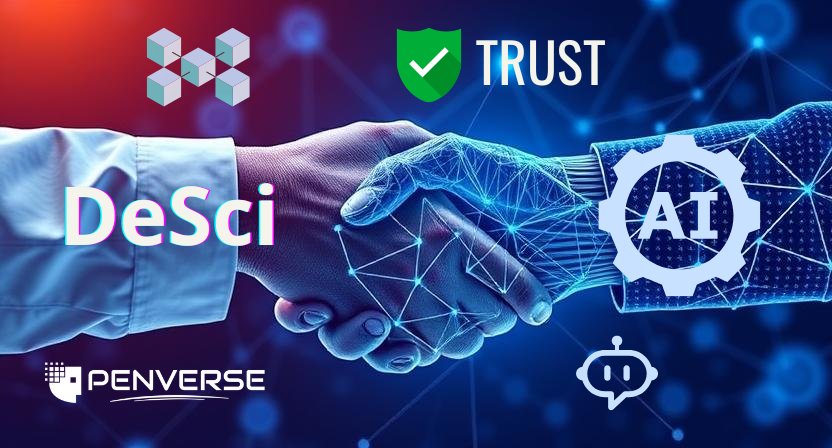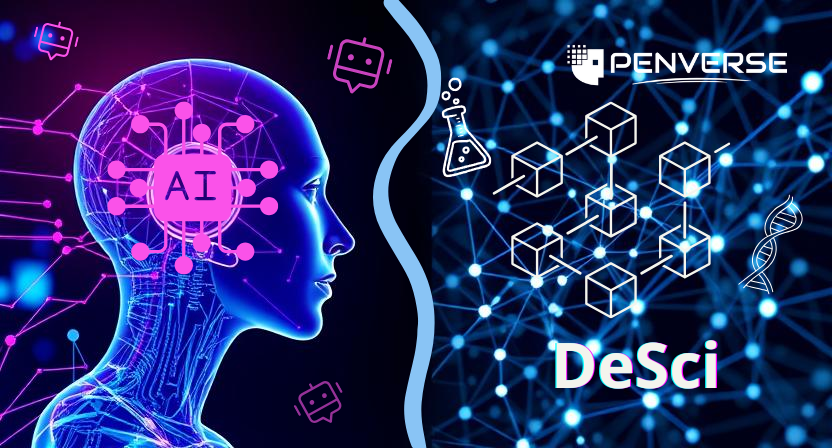Tokenized Knowledge: NFT Your Research work
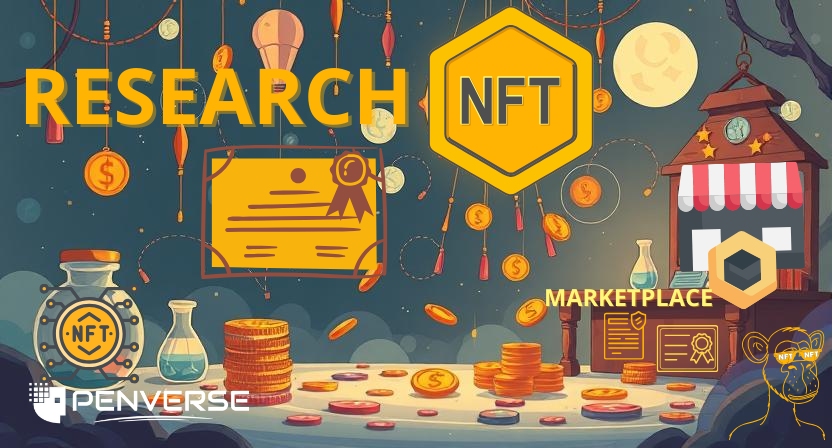
Tokenizing Research Assets
In the traditional academic landscape, researchers publish their work in journals, often losing control over their intellectual property. Once a paper is published, researchers typically do not receive royalties and cannot control how their work is distributed. This is where tokenization of research assets comes in, revolutionizing how researchers own, share, and monetize their work.
Tokenization refers to converting research work into digital assets using blockchain technology. These digital assets, often in the form of Non-Fungible Tokens (NFTs), allow researchers to establish ownership rights, track citations, and earn revenue from their discoveries. Unlike traditional publishing, where journals and institutions retain control, tokenized research ensures that scientists maintain ownership and benefit financially from their contributions.

NFT Research
An NFT (Non-Fungible Token) for research is a unique, verifiable digital asset that represents ownership over a piece of scientific work. Just like NFTs are used for digital art and collectibles, research NFTs create a permanent, blockchain-backed proof of authorship and originality.
How NFT Research Works:

- Researchers upload their work (papers, datasets, methodologies, patents) onto a blockchain-powered platform.
- The research is tokenized into an NFT, creating a unique, immutable digital certificate that records the author and ownership details.
- Ownership can be transferred, sold, or licensed while ensuring that proper credit and financial benefits go to the original researcher.
By using NFT technology, researchers can ensure permanent proof of their work’s originality, which is traceable, sellable, and immune to unauthorized modifications.
Tokenizing Research in DeSci: The Benefits
A recent study by Nature found that 80% of researchers believe open-access and decentralized publishing will become the future of scientific work. Moreover, blockchain-based intellectual property ownership models have already increased research accessibility by over 60%, reducing reliance on traditional gatekeeping institutions. This shift highlights the growing demand for tokenized research models that prioritize transparency, fairness, and direct researcher compensation.
Tokenizing research work under the Decentralized Science (DeSci) movement brings several key advantages:

True Ownership & Control
Researchers retain full ownership of their work instead of transferring rights to publishers. Every NFT research work is stored on a transparent and immutable blockchain, preventing data theft or unauthorized edits.
Monetization & Royalties
Unlike traditional publishing models where researchers rarely earn from their work, tokenized research can generate royalties. Researchers can receive automatic payments every time their work is sold, referenced, or reused in further research.
Increased Visibility & Accessibility
Tokenized research can be shared openly on decentralized platforms, breaking down paywalls and making scientific knowledge more accessible. Citations and contributions are tracked automatically, ensuring proper acknowledgment for every contribution.
Decentralized Peer Review & Validation
NFT-based research allows for open, transparent, and crowd-sourced peer review. Instead of relying on traditional, centralized review systems, DeSci platforms use smart contracts and community-led validation to assess and verify research quality.
Secure & Immutable Records
Because NFTs are stored on blockchain ledgers, research data is permanently recorded and cannot be altered or tampered with. This guarantees credibility and ensures that researchers get long-term recognition for their discoveries.
Licensing & Collaboration
Researchers can license their tokenized work to institutions, companies, or independent scientists. Smart contracts ensure that licensing agreements are automated, ensuring researchers receive fair compensation when their work is used in new discoveries.
Transferring Tokenized Research via a Research Marketplace
The DeSci ecosystem allows researchers to sell, transfer, or license their NFT-based research assets through decentralized research marketplaces. These platforms connect researchers, universities, independent scientists, and companies interested in acquiring valuable research.
How a Research Marketplace Works:

- Researchers mint their work as an NFT and list it in the marketplace.
- Buyers (scientists, institutions, or investors) bid or purchase the research NFT.
- Smart contracts handle licensing agreements and payments, ensuring transparency and proper attribution.
- The NFT owner can transfer or lease the research asset to multiple collaborators while tracking every transaction.
This model allows research to move beyond traditional academic publishing, making it more dynamic, collaborative, and financially sustainable.
How Penverse Tokenizes Research & Empowers Scientists
Penverse is pioneering NFT-based tokenization of research, enabling researchers to own, trade, and benefit from their intellectual contributions.
| Feature | How Penverse Helps |
|---|---|
| NFT-Based Research Publishing | Researchers can mint their work as NFTs, establishing permanent ownership & authorship. |
| Royalties & Monetization | Scientists receive automatic royalties every time their work is referenced, cited, or licensed. |
| Decentralized Marketplace | Research work can be sold, transferred, or licensed through Penverse’s research marketplace. |
| Smart Contracts for Licensing | Automated agreements ensure fair compensation when research is used in other projects. |
| Blockchain-Verified Peer Review | Community-driven validation ensures research integrity & credibility. |
| Open-Access & Collaboration | Tokenized research is available to global scientists, ensuring open collaboration & innovation. |
By leveraging blockchain, DeSci, and AI, Penverse ensures that scientific research remains decentralized, transparent, and financially rewarding for the researchers themselves.
The Future of Research is Tokenized!
The era of traditional research publishing is evolving. With NFT tokenization, scientists now have full control over their intellectual property, ensuring they own, profit, and collaborate on their work in a secure, decentralized way.
By adopting DeSci and blockchain-powered research marketplaces, researchers can ensure that their knowledge remains accessible, verifiable, and financially sustainable.
🚀 Join Penverse today and take control of your research like never before! 🚀

